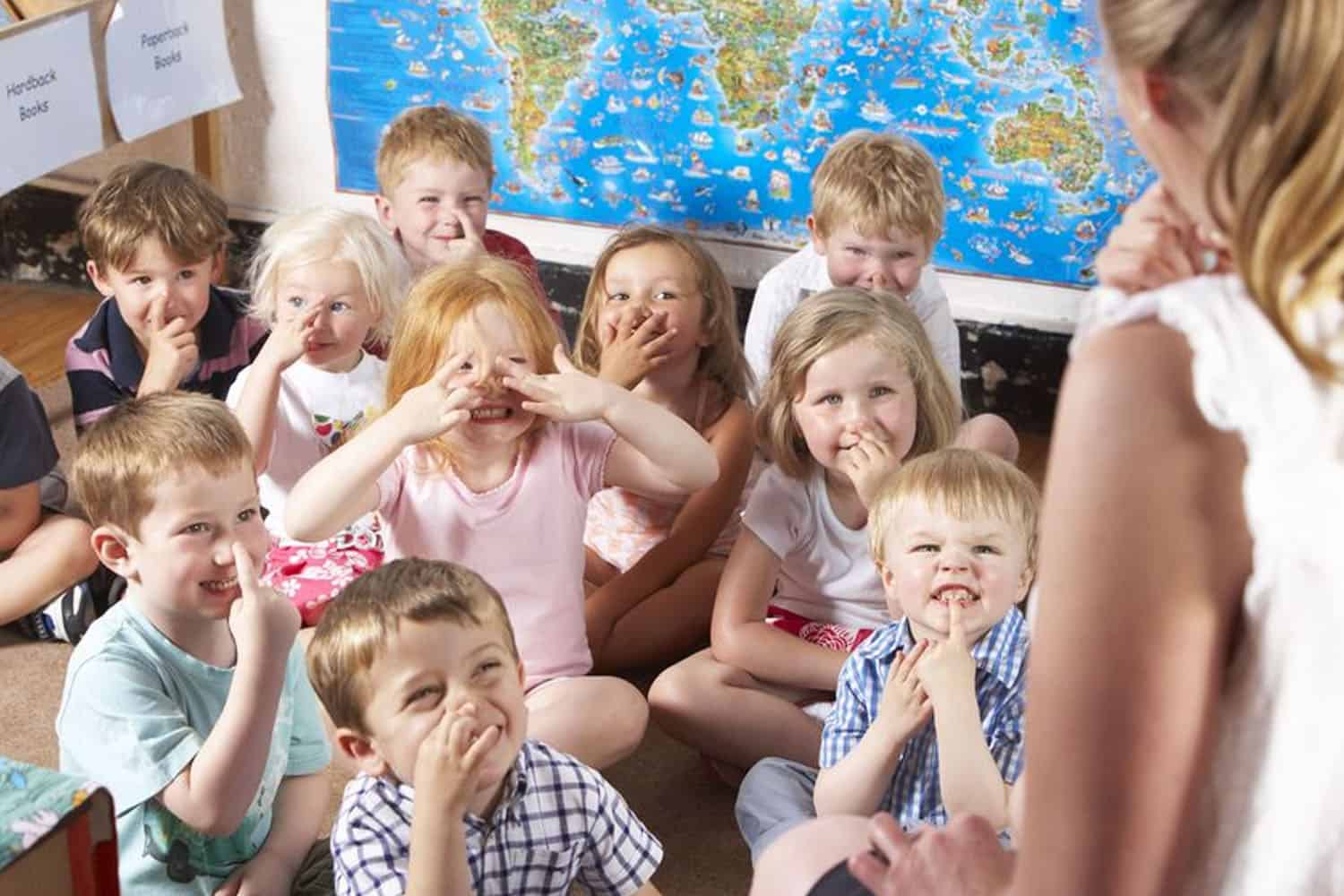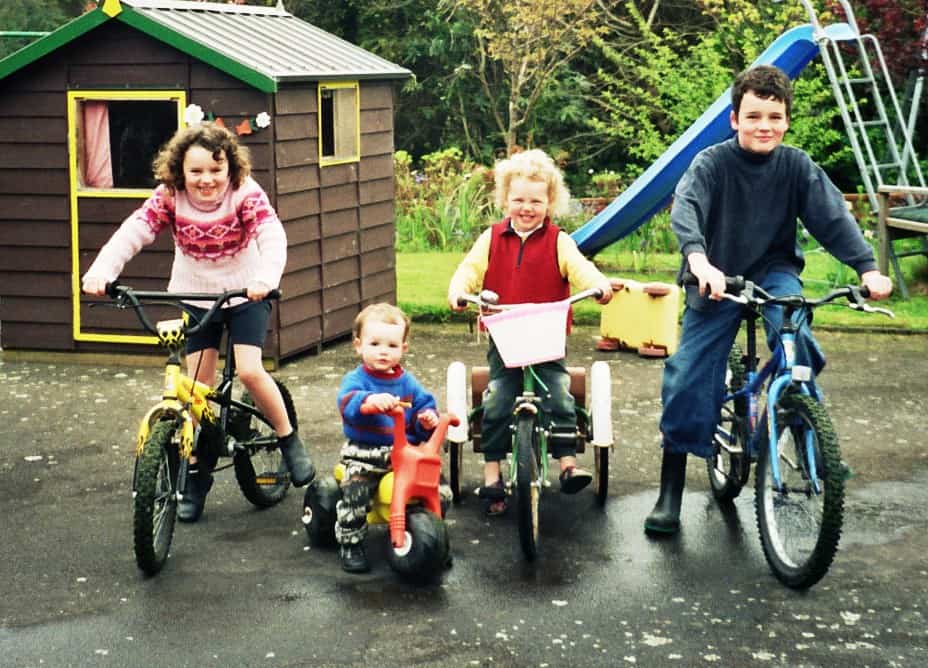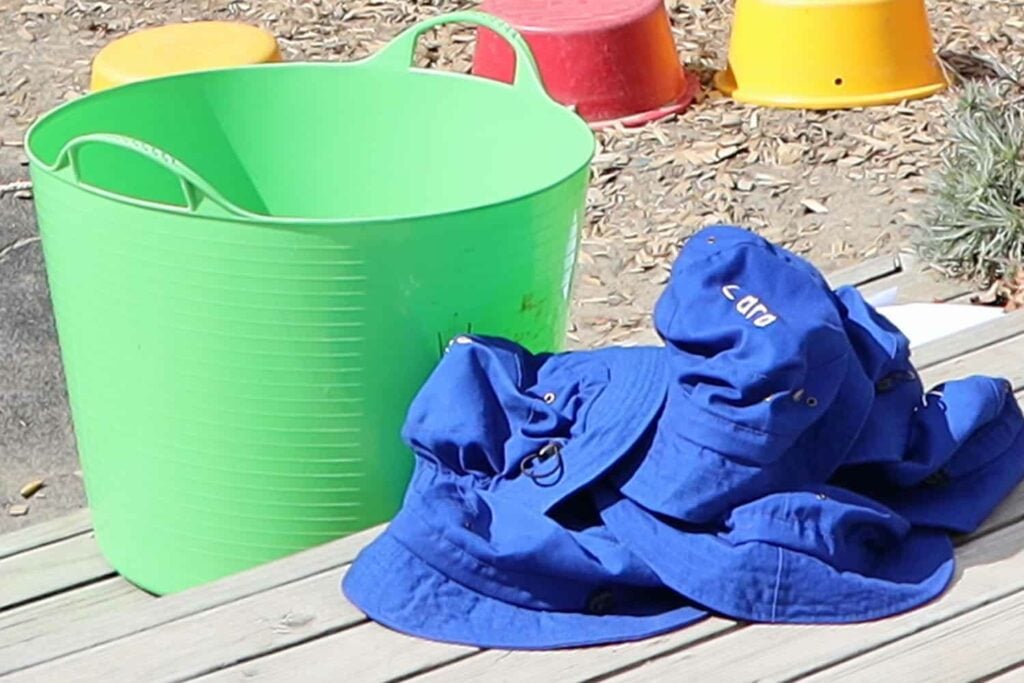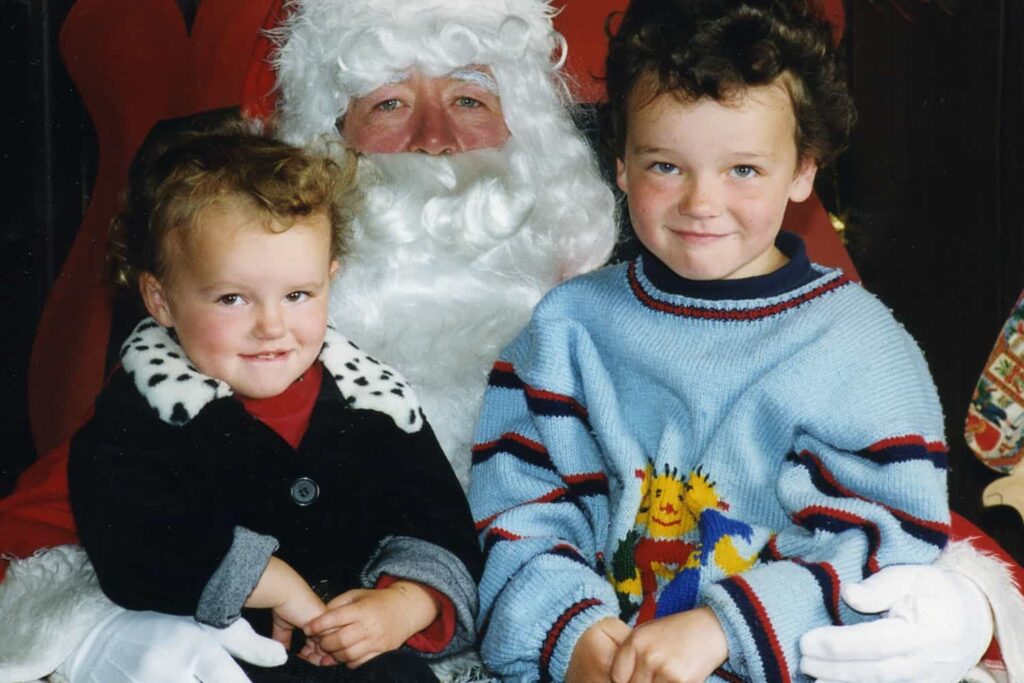March 26, 2018.
There is now proof that a child’s age on entry to school, be it around 5 years or later at 6, makes little difference to academic outcomes and progress over the first year.
A report titled ‘Is There an Optimum Age for Starting School in New Zealand?’ published in the academically respected NZ–International Research in Early Childhood Education Journal reports that there is no evidence to support a nationally mandated age for starting school in New Zealand. Their research has also been reported by Stuff.
The results suggest that age-related concerns about academic readiness and ability to make progress once starting school should not be major factors in making the decision of whether a child is ready to start school.
Journal Editor Dr Wendy Boyd (Southern Cross University, Australia) says that commencing school is a vexed issue for all stakeholders and the results will be of interest not only in NZ but also in Australia where the states and territories have different ages for school commencement.
The researchers Dr John Boereboom (University of Canterbury, ChCh) and Professor Peter Tymms (Durham University, UK) analysed data from the Performance Indicators in Primary Schools (PIPS) school entry assessment to investigate the academic skills of a national sample of 3,916 children starting school in New Zealand.
Children’s reading and maths ability when starting school was found to be predictive of later reading and maths achievement, the child’s age was not.
Schools made very similar progress with their pupils. The school variance associated with progress was just 6% for mathematics and 8% for reading.
Younger pupils made greater progress for both reading and mathematics (perhaps to meet class expectations) over the course of their first twelve months in school. This was statistically significant for both outcomes but the effects were small.
Until last year, all NZ parents had the choice to start their child at school on or soon after their fifth birthday, with schooling being compulsory from age 6. National’s change last year allowed schools the choice of taking children in cohorts at the beginning of the term closest to their fifth birthday instead of continuous entry – which meant some children could start before age 5. The new government is retaining the option of cohort entry but has changed this to after age 5.
But Dr Boereboom says that the finding that there is no optimum age for starting school suggests attention needs to be placed on supporting families to make the decision on when to start school on an individual basis for each child.
“The social and emotional maturity of the child is as important a consideration as their cognitive ability to count and recognise letters and shapes.
“Talking with their child’s early childhood teachers about how their child currently copes in a group learning environment and social skills displayed may help parents with that decision.”
Journal editor Dr Wendy Boyd says that the results of the investigation align with the OECD (2017)’s Starting Strong report on the transition from early childhood education and care to primary school, which recommends that “policy makers focus on making schools ready for children, not children ready for schools”.









